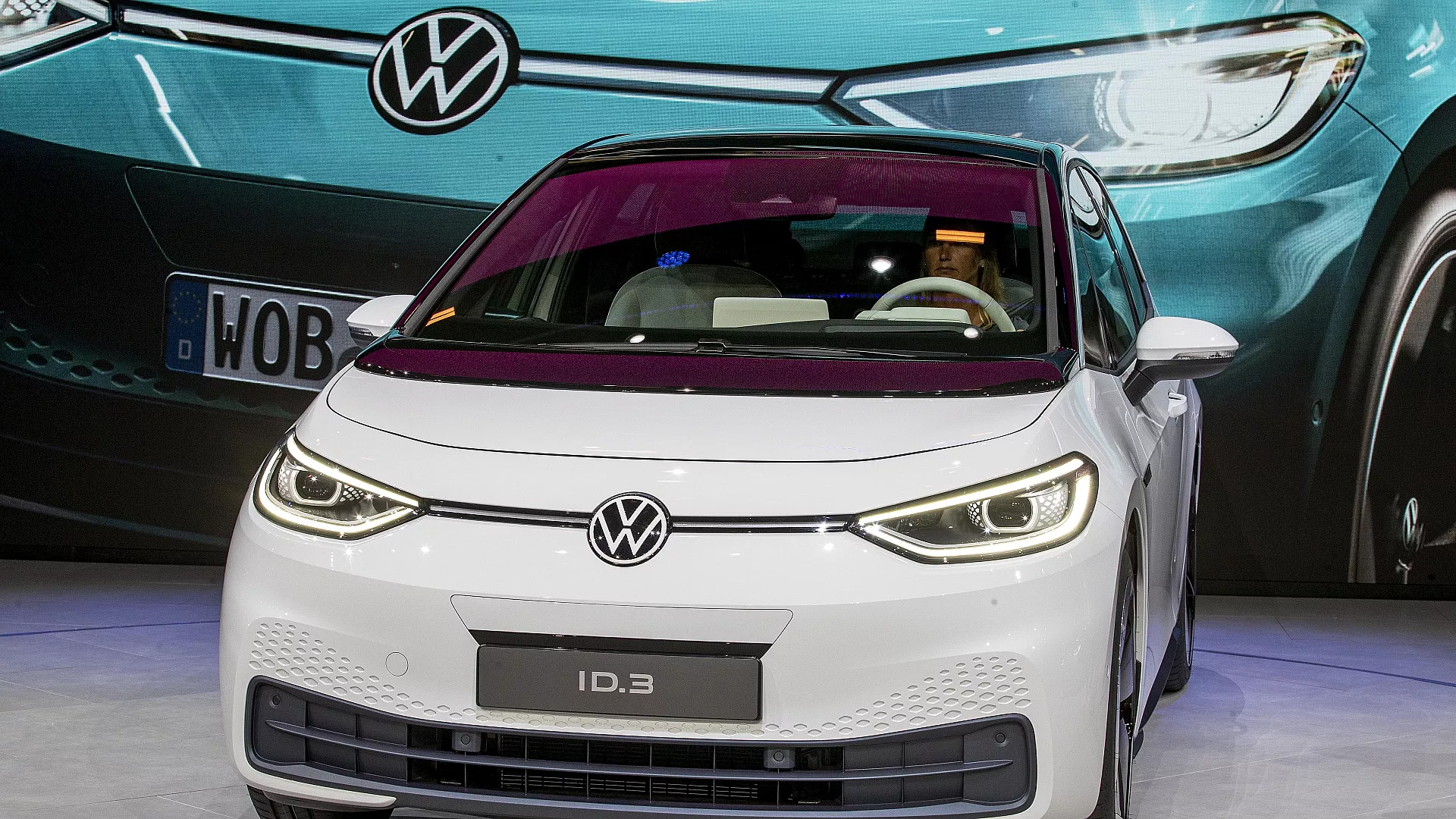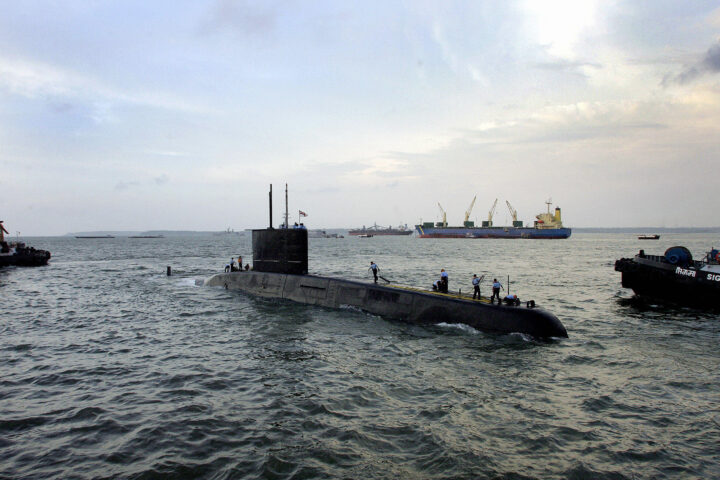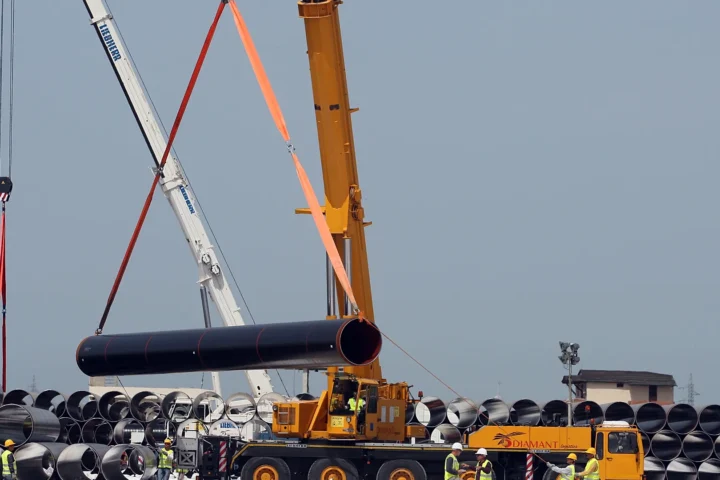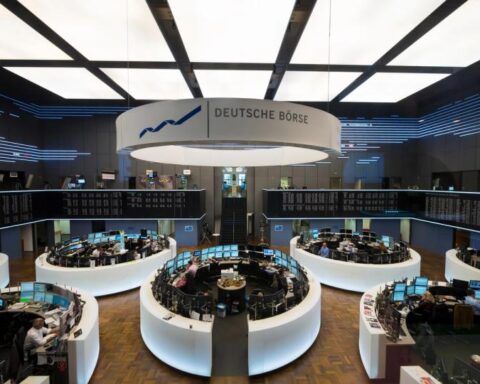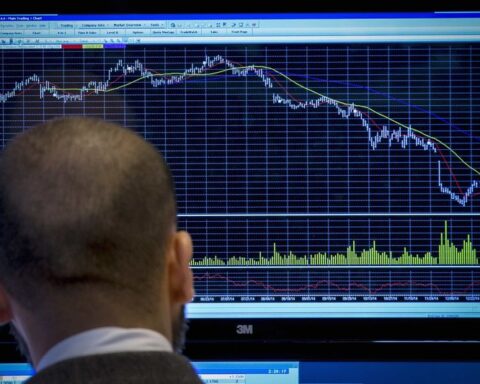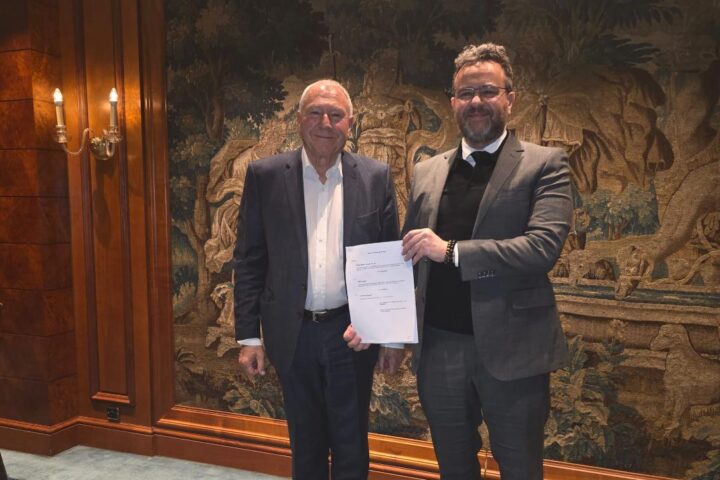In a notable shift, sales of Volkswagen’s electric vehicles (EVs) in Europe experienced a significant downturn, declining by nearly a quarter during the first quarter of the year, prompting a resurgence in petrol-powered vehicle purchases.
As per the company’s latest financial report released on April 10, while EV sales plummeted by 24% in Europe, they surged by an impressive 91% in China compared to the previous year. Despite this setback in EV sales, Volkswagen managed to achieve an overall increase in vehicle deliveries, rising by 3% to 2.10 million units, largely driven by strong performance in China, South America, and North America.
Hildegard Wortmann, a key member of Volkswagen’s Extended Executive Committee for Sales, offered insights into the company’s performance, acknowledging the challenges posed by the current market dynamics. She emphasized Volkswagen’s resilient response to fluctuations in demand, leveraging its diverse product portfolio to navigate through varying market conditions.
Wortmann expressed confidence in Volkswagen’s future growth trajectory, particularly in the EV segment, citing a substantial uptick in order intake for all-electric models in Western Europe. With an optimistic outlook, she affirmed Volkswagen’s commitment to expanding its presence in the EV market, both regionally and globally, buoyed by an extensive lineup of over 30 model launches across different drive types slated for this year.
The Shift Back to Petrol: Unpacking the European Trend
Despite the European Parliament’s recent approval of legislation to ban the sale of petrol and diesel cars by 2035, the continent witnessed a reversal in EV sales during the first quarter of 2024. This trend underscores the persistent challenges hindering widespread EV adoption, including high upfront costs and inadequate charging infrastructure, as highlighted in a recent report by the World Economic Forum.
The report underscores the critical role of regulatory measures, subsidies, and incentives in stimulating EV uptake, yet acknowledges the prevailing cost disparity between EVs and internal combustion engine (ICE) vehicles. Although EVs offer long-term cost savings, awareness among consumers remains limited.
Furthermore, the report underscores the urgent need for robust charging infrastructure to facilitate EV adoption, emphasizing the importance of streamlined regulatory processes and grid connectivity to accelerate the deployment of public fast-charging networks, essential for addressing consumer concerns regarding charging accessibility and range anxiety.
Amidst these challenges, Volkswagen’s strategic initiatives and diversified product offerings position the company to navigate through evolving market dynamics, driving its commitment to sustainable mobility and future growth in the electric vehicle segment.
